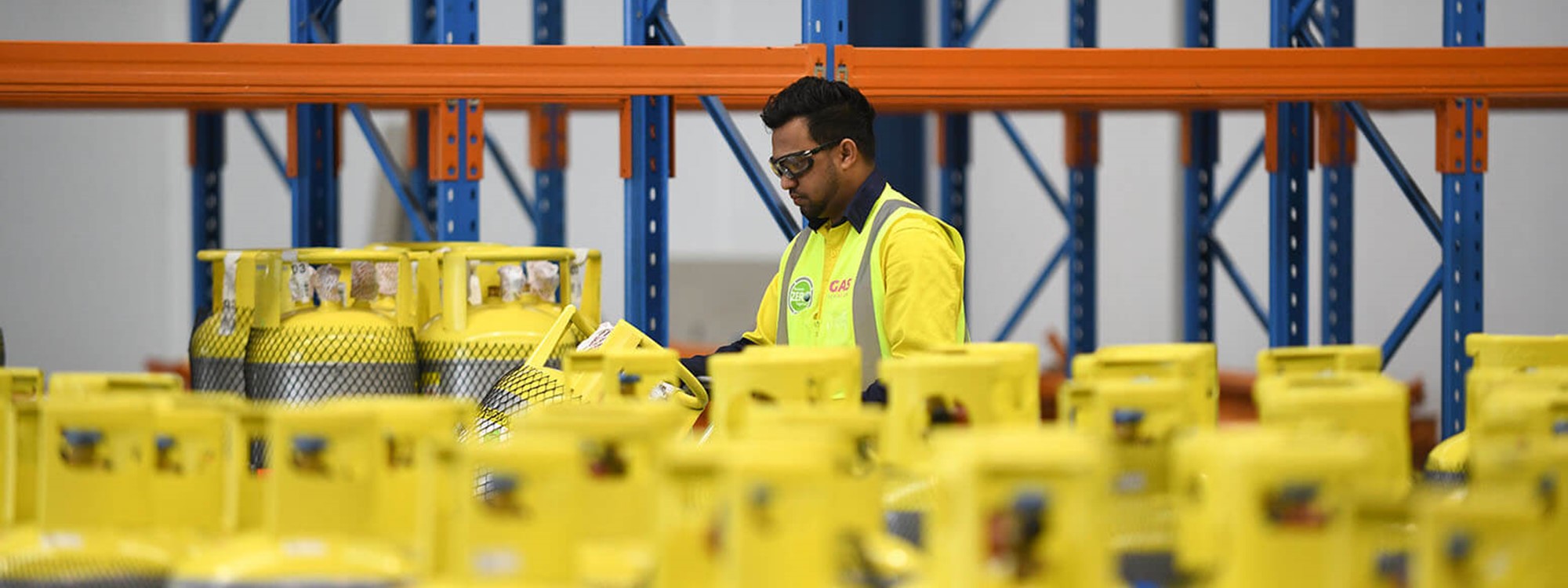
Carbon Credits
Building a More Sustainable Future Through the Lifecycle Management of Refrigerant Gases
Reduce Your Carbon Footprint with Carbon Credits
Climate change is a challenge for all people and organisations across the globe.
A-Gas' industry-leading, circular economy approach to the lifecycle management of refrigerants and associated products aims to reduce the carbon footprint of the industries we serve.
By generating custom carbon credits, A-Gas can help businesses worldwide reduce their carbon footprint.

What is a Carbon Credit?
A carbon credit can be used by a company or individual, as part of a wider carbon reduction plan. Credits compensate for the carbon dioxide emitted into the atmosphere.
A carbon credit represents an emission reduction of one metric ton of CO₂ or an equivalent amount of other greenhouse gas.
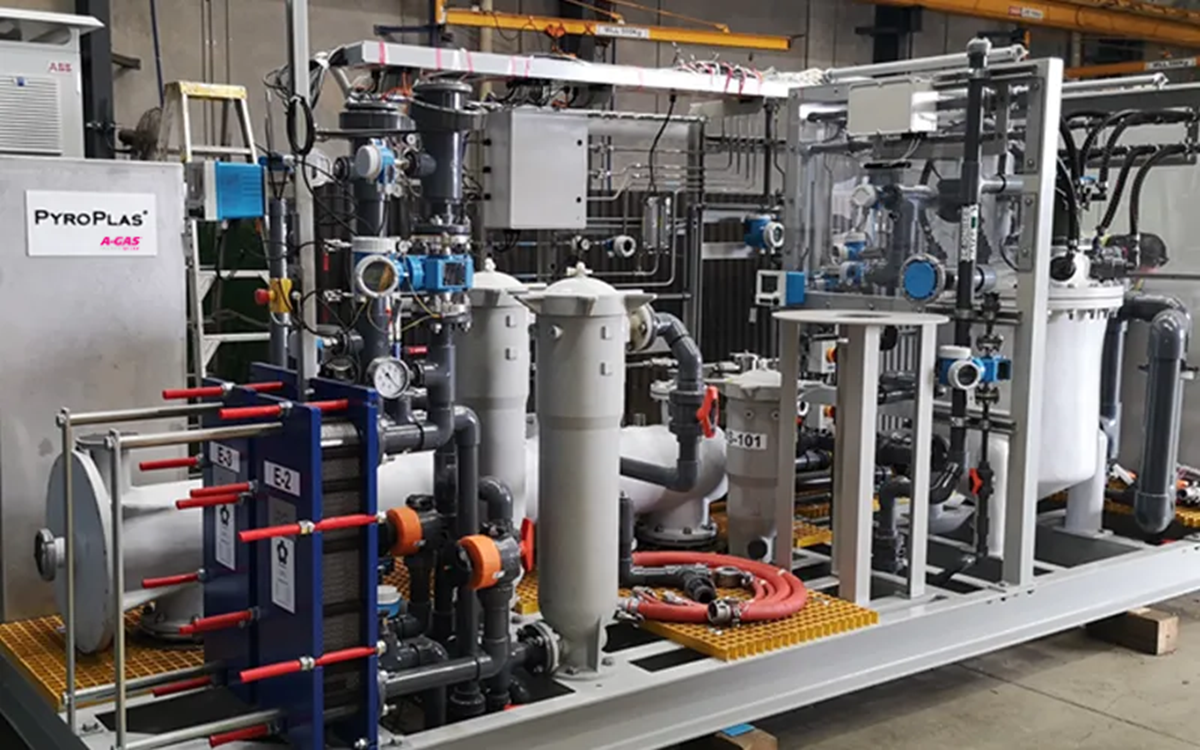
Credits You Can Trust
A-Gas offers compliance credits, which are generated from the safe destruction of Ozone Depleting Substances (ODS). Our methodology development and project verification are carried out under internationally recognized registries, such as Verified Carbon Standard (VERRA), Climate Action Reserve (CAR), or American Carbon Registry (ACR).
Approved by the International Civil Aviation Organisation (ICAO) to provide carbon credits in its Carbon Offsetting and Reduction Scheme for International Aviation (CORSIA), these registries are highly regarded across the world.
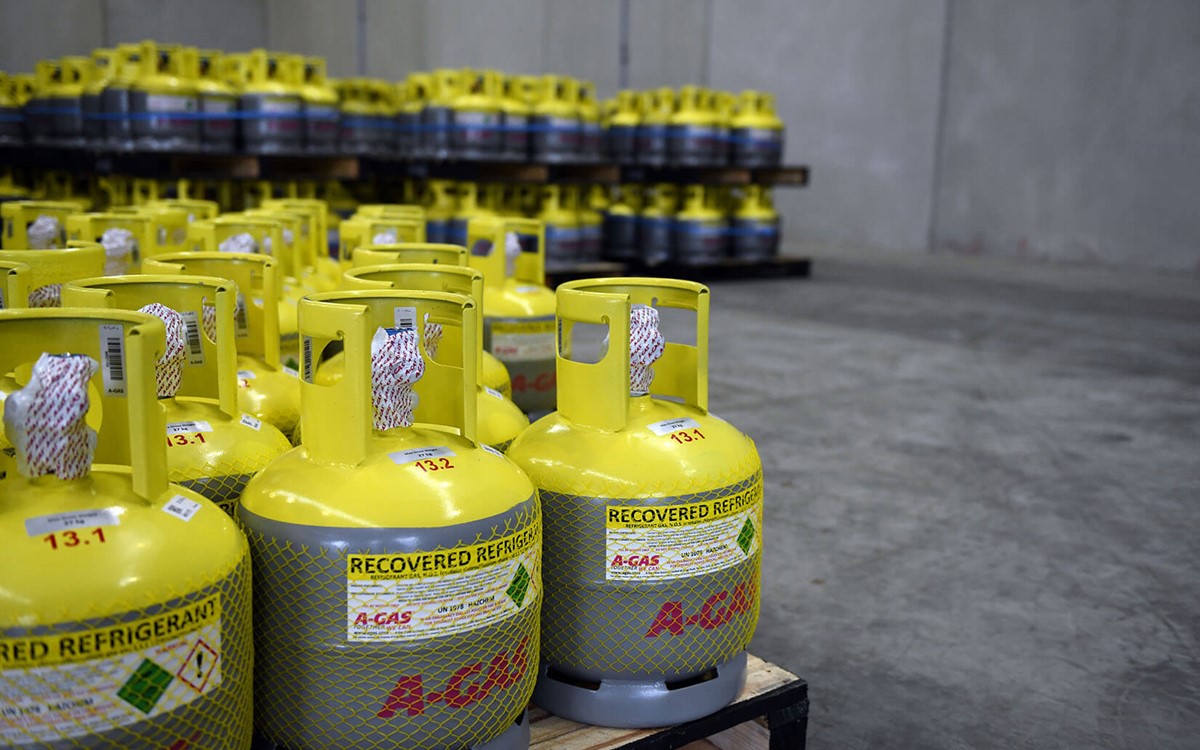
Voluntary Carbon Credits
A-Gas offers voluntary carbon credits, which are a recognised mechanism that allows individuals and companies to invest in greenhouse gas emission reduction projects that contribute to reducing the amount of CO₂ in the atmosphere.
A-Gas' voluntary credits are eligible for ICAO's CORSIA program and for general use in the voluntary carbon market.
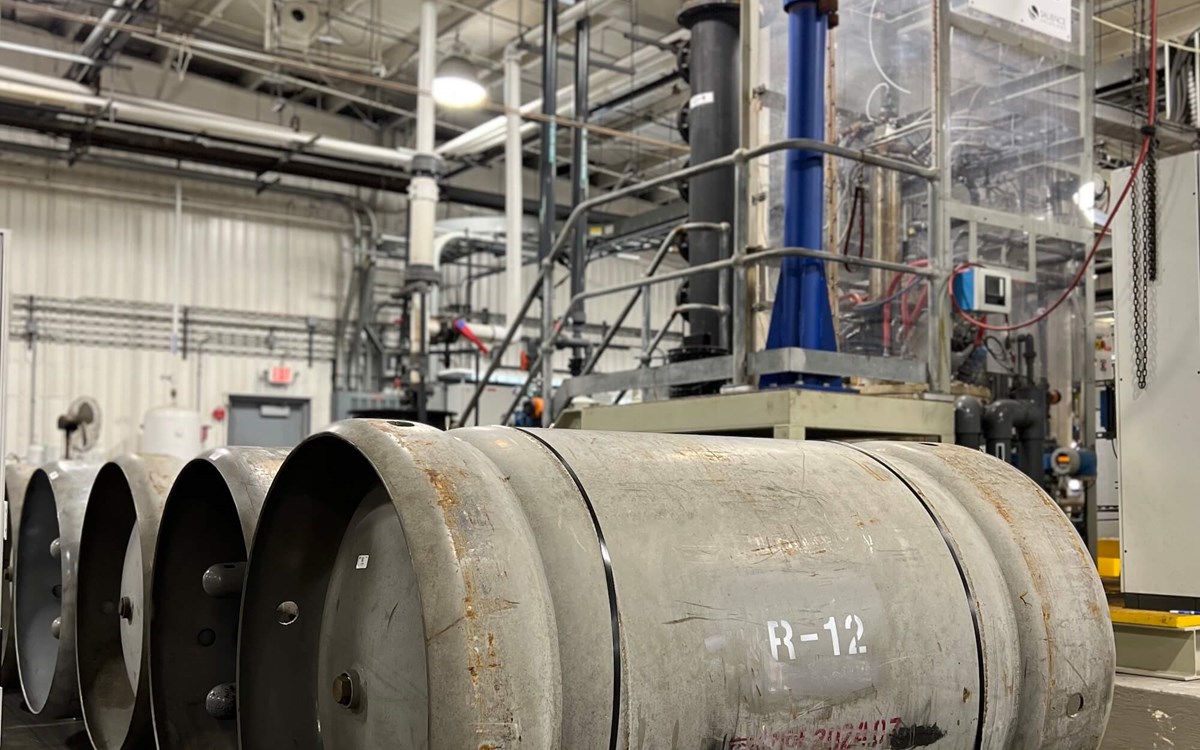
Compliance Carbon Credits
Compliance carbon credits are created for use in regulatory programs such as the California Cap and Trade system.
Our credits meet the Western Climate Initiative (WCI) standards. WCI supports specific American (California and Washington) and Canadian (Québec and Nova Scotia) jurisdictions’ programs.
The carbon credits we develop for California and WCI are generated from the destruction of Ozone Depleting Substances (ODS), such as CFC refrigerants like R11, R12, R500, R113, and R114.
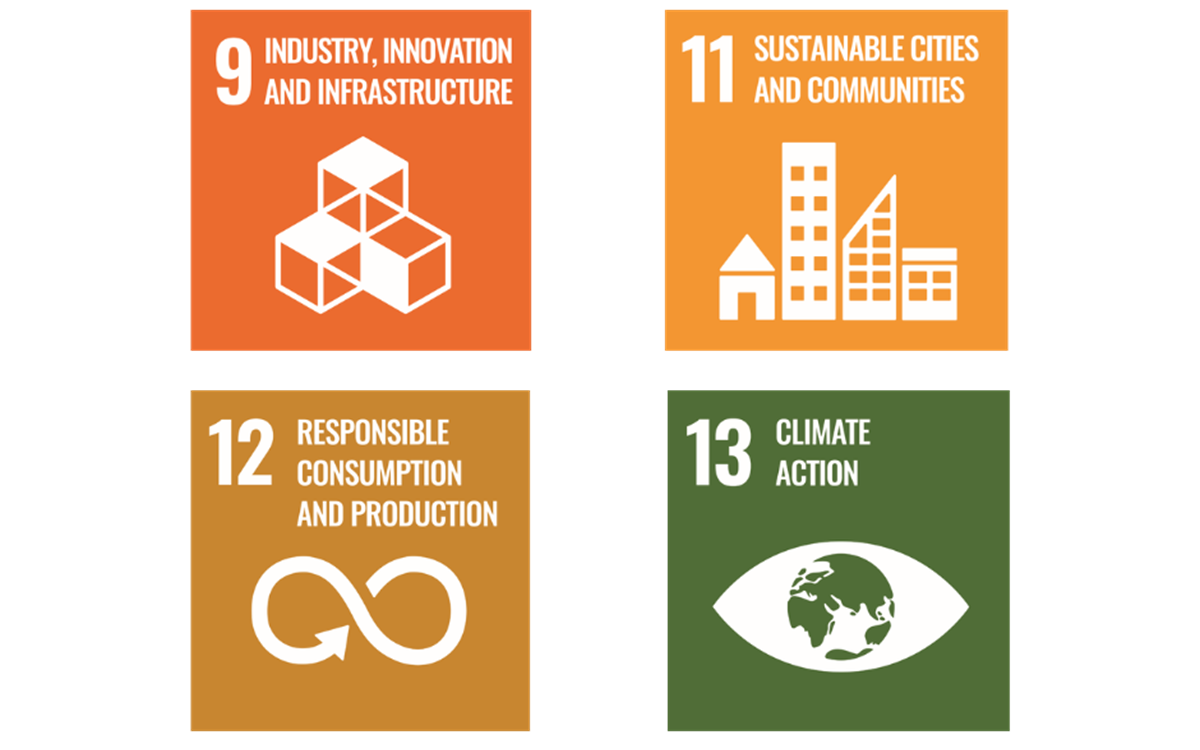
Alignment with UN Sustainable Development Goals
Our carbon projects are aligned with several UN Sustainable Development Goals (SDGs), primarily Climate Action. A-Gas directly prevents harmful emissions and reduces the need for virgin gas production through our recovery and reclamation of refrigerant gases. By displacing the need for further virgin production, emissions associated with new product manufacturing and trans-oceanic shipping are reduced.
Considered collectively with the avoided emissions from capturing the original gas, reclaimed refrigerants positively impact other SDG goals, including Industry, Innovation, and Infrastructure (9); Sustainable Cities and Communities (11); Responsible Consumption and Production (12); and Climate Action (13).
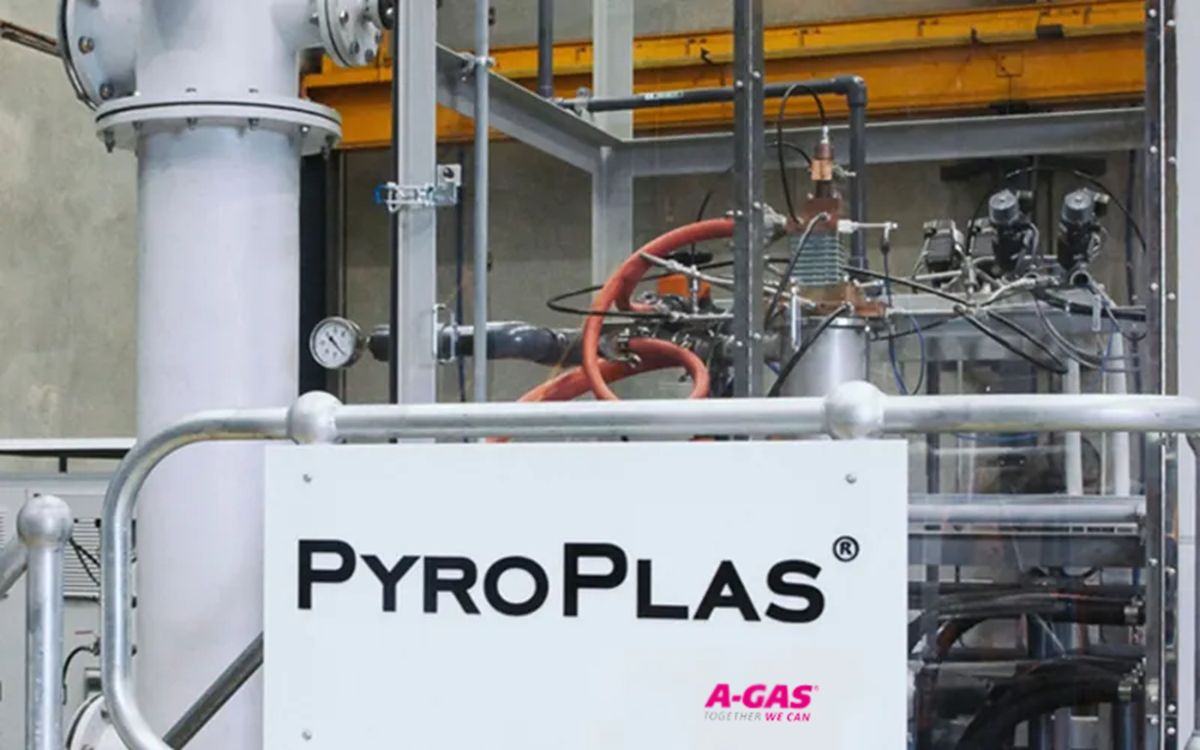
Market Leading Destruction Technology
A-Gas PyroPlas® is the only plasma arc destruction technology in the United States that is approved for the generation of carbon credits. Located in Bowling Green, Ohio, our TEAP* approved plasma arc destruction units are the industry’s leading solution for complete end of life refrigerant management, with a consistent destruction efficiency of 99.9999%.
*The TEAP assesses technical and economic information that serves as the basis for parties' assessment of control measures of substances under the purview of the Montreal Protocol.